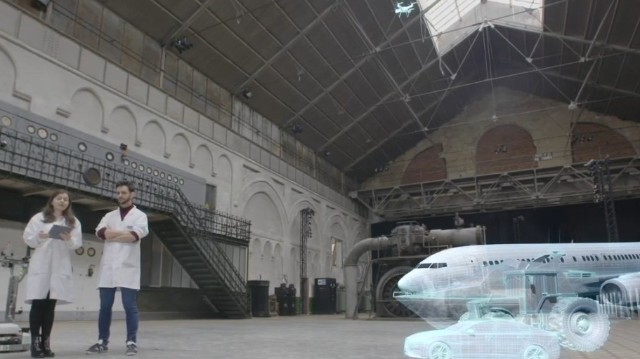Two Fraunhofer IKS researchers are participating in the »European Training Network for Safer Autonomous Systems« project, which is being funded within the framework of the EU »Horizon 2020« innovation initiative. The goal of the pan-European research project is to come up with safety strategies for all stages of autonomous system development. The IKS researchers are focusing their efforts on designing inherently safe software architectures.

Privacy warning
With the click on the play button an external video from www.youtube.com is loaded and started. Your data is possible transferred and stored to third party. Do not start the video if you disagree. Find more about the youtube privacy statement under the following link: https://policies.google.com/privacyMSCA ETN SAS - European Training Network for Safer Autonomous Systems
 Fraunhofer Institute for Cognitive Systems IKS
Fraunhofer Institute for Cognitive Systems IKS